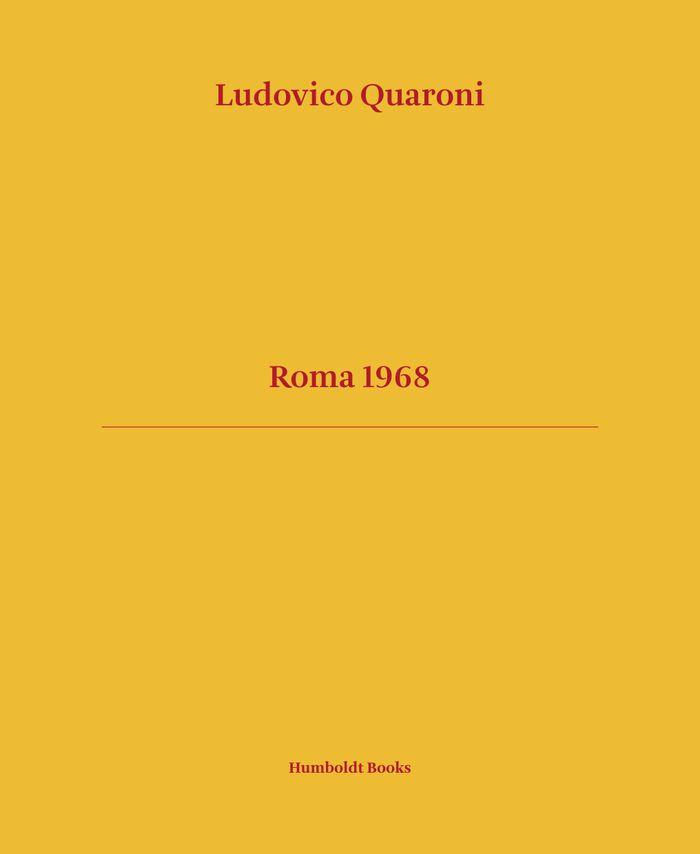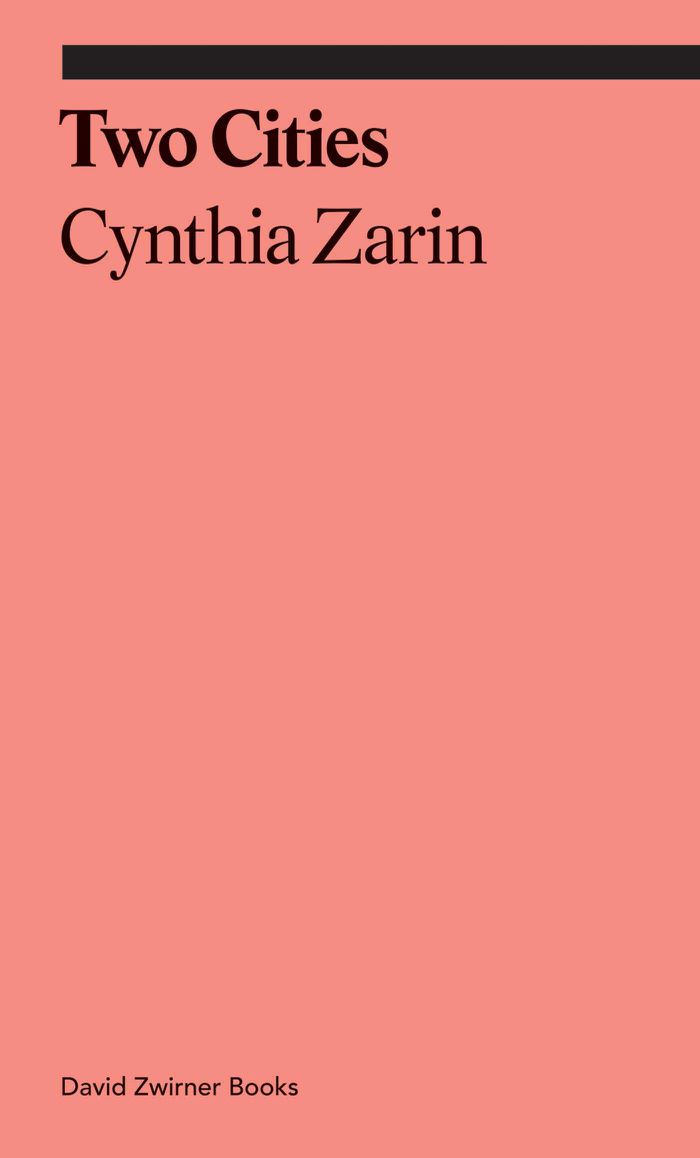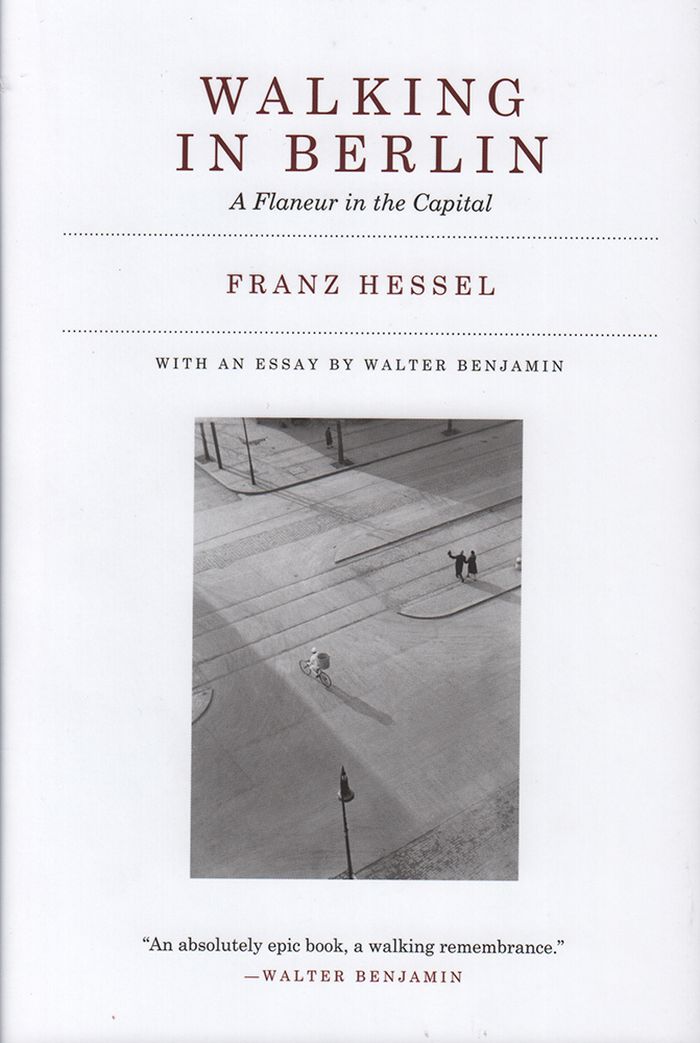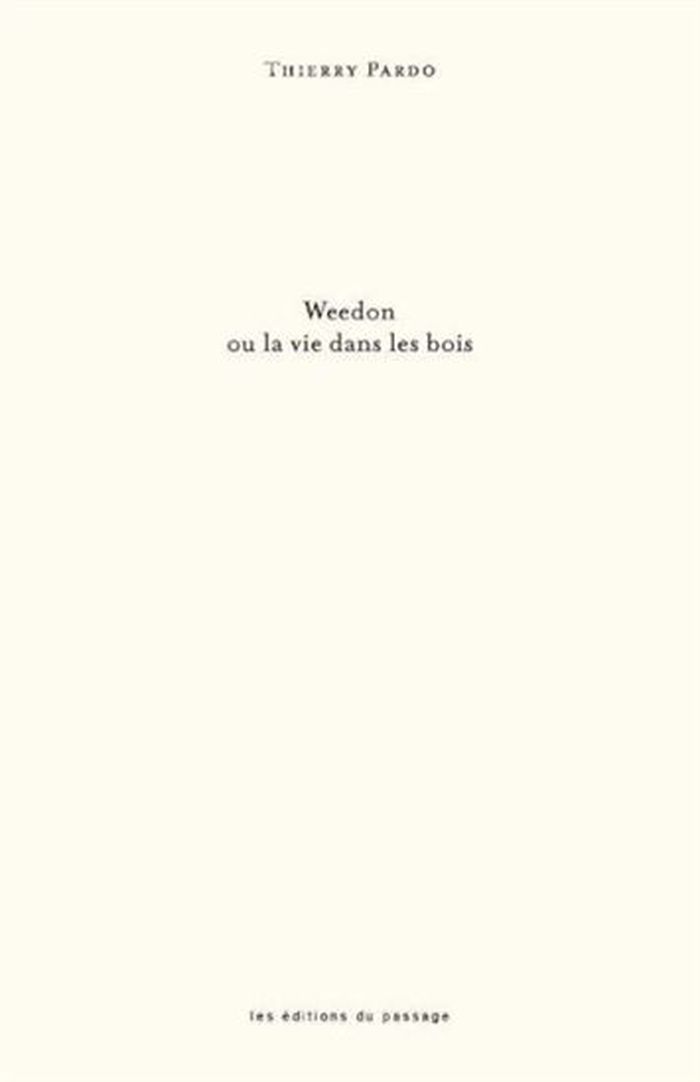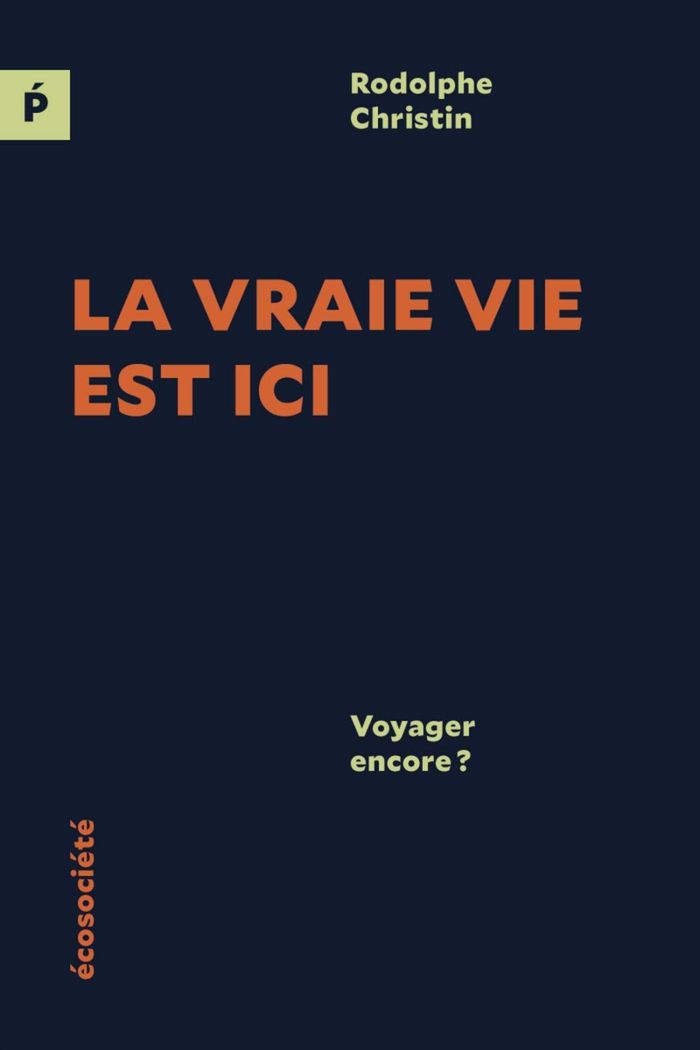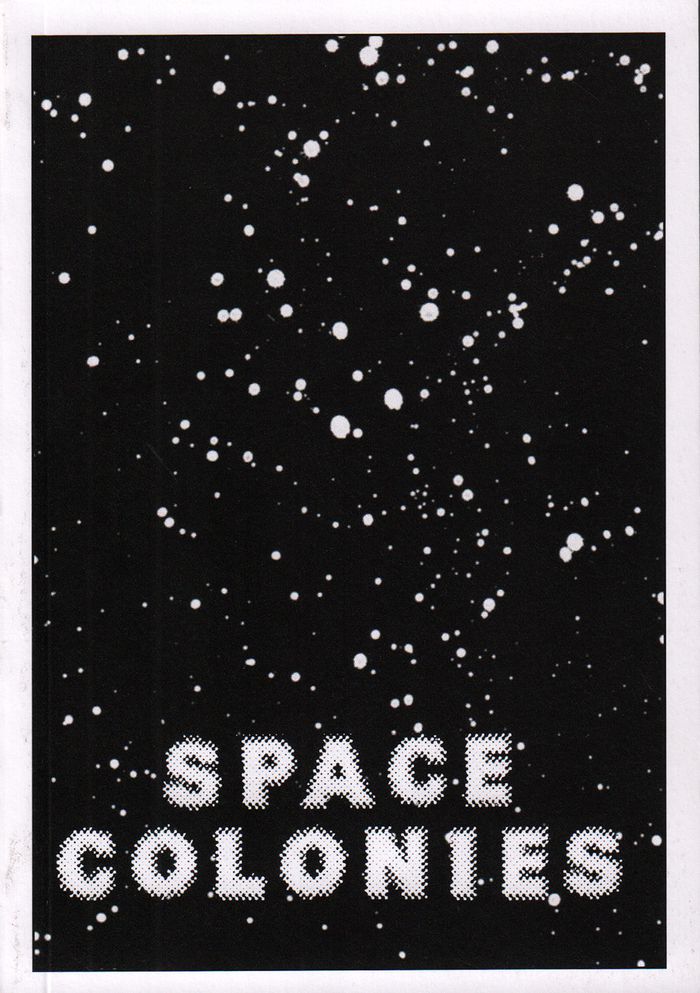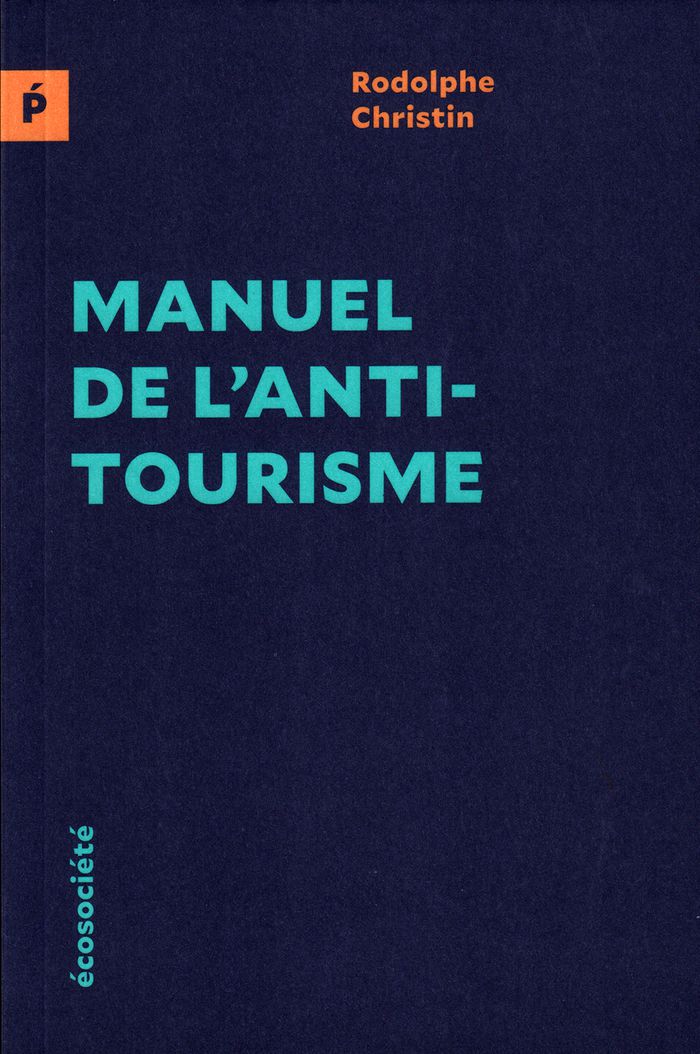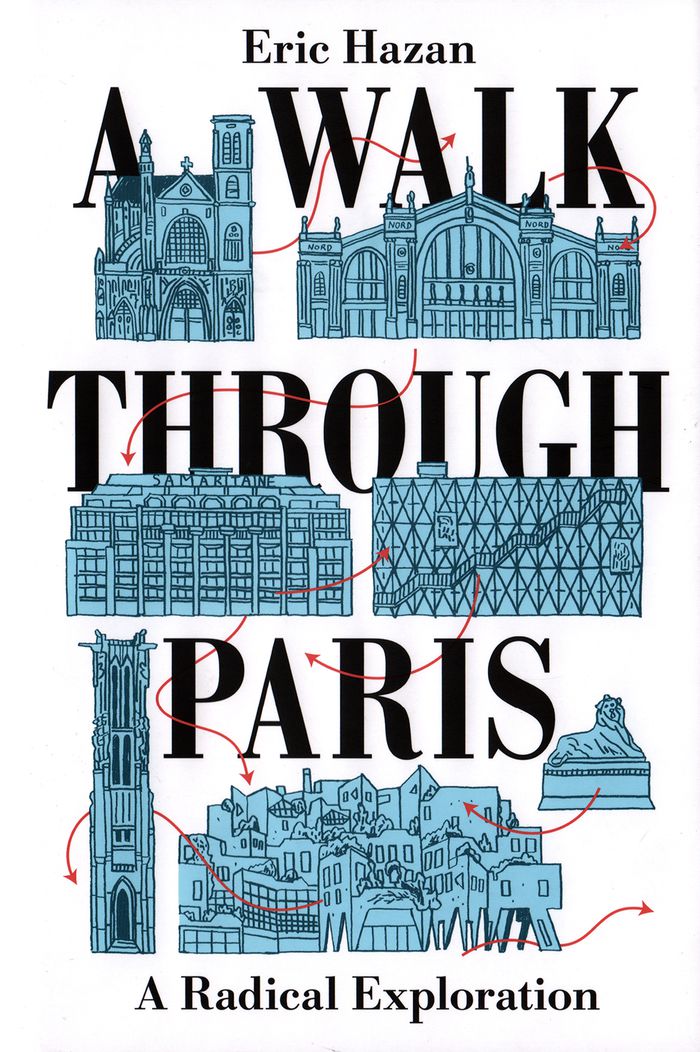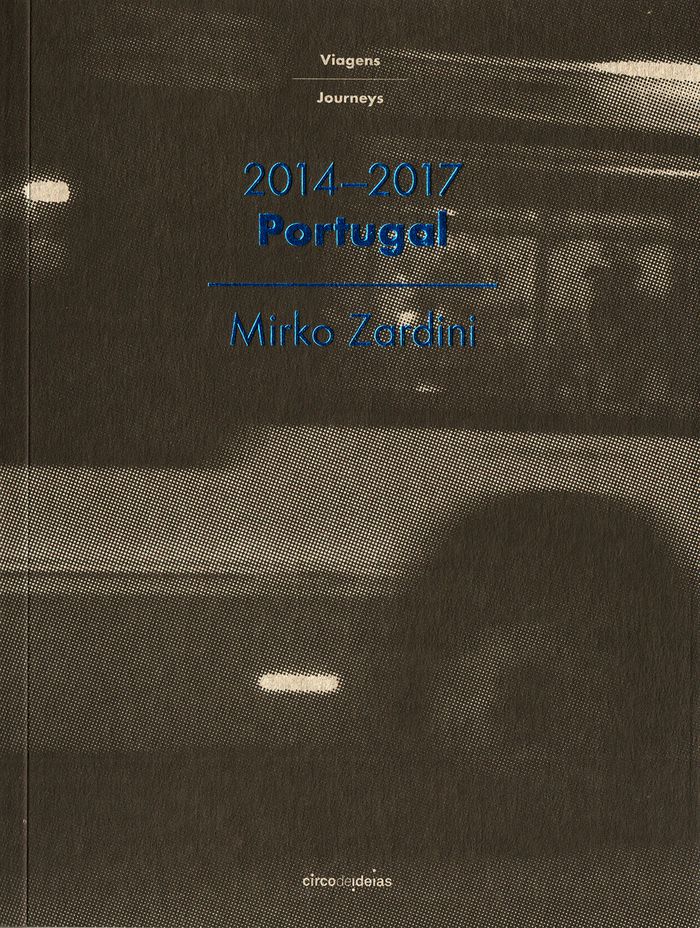Roma 1968
$36.95
(disponible sur commande)
Résumé:
There are many apparently contradictory black-and-white images of Rome that Ludovico Quaroni took around the eternal city. The baroque is to be found side by side with shacks, while the explosion of consumer society – during Italy's economic boom – does little to erase the traces of a city that seems to have come straight out of a Vittorio De Sica or Roberto Rossellini(...)
Roma 1968
Actions:
Prix:
$36.95
(disponible sur commande)
Résumé:
There are many apparently contradictory black-and-white images of Rome that Ludovico Quaroni took around the eternal city. The baroque is to be found side by side with shacks, while the explosion of consumer society – during Italy's economic boom – does little to erase the traces of a city that seems to have come straight out of a Vittorio De Sica or Roberto Rossellini film. And then there are the fountains of Rome and the banks of the Tiber, Franco Albini's Rinascente and Castel Sant'Angelo, the EUR and the Vatican, right up to the market in Piazza Vittorio and the ancient Appian Way. Layers of civilisations intertwining, and in between them, the people of Rome, seemingly indifferent to the passing of the centuries. The architect's eye brings to life an unpublished and surprising book that may also be considered – and this is the common thread—an act of love towards the city where he was born. A text by the writer Francesco Pecoraro, himself a student of Quaroni, pays homage to the great architect's Rome.
Trajets
Two cities
$20.00
(disponible en magasin)
Résumé:
Here we encounter a writer deeply engaged with narrative in situ—a traveler moving through beloved streets, sometimes accompanied, sometimes solo. With her, we see, anew, the Venice Biennale, the Lagoon, and San Michele, the island of the dead; the Piazza di Spagna, the Tiber, the view from the Gianicolo; the pigeons at San Marco and the parrots in the Doria Pamphili. As(...)
Two cities
Actions:
Prix:
$20.00
(disponible en magasin)
Résumé:
Here we encounter a writer deeply engaged with narrative in situ—a traveler moving through beloved streets, sometimes accompanied, sometimes solo. With her, we see, anew, the Venice Biennale, the Lagoon, and San Michele, the island of the dead; the Piazza di Spagna, the Tiber, the view from the Gianicolo; the pigeons at San Marco and the parrots in the Doria Pamphili. As a poet first and foremost, Zarin’s attention to the smallest details, the loveliest gesture, brings Venice and Rome vividly to life for the reader. The sixteenth book in the expanding, renowned ekphrasis series, ''Two cities'' creates space for these two historic cities to become characters themselves, their relationship to the writer as real as any love affair.
Trajets
Walking in Berlin
$32.95
(disponible sur commande)
Résumé:
In 'Walking in Berlin', Hessel captures the rhythm of Weimar-era Berlin, recording the seismic shifts in German culture. Nearly all of the essays take the form of a walk or outing, focusing on either a theme or part of the city, and many end at a theater, cinema, or club. 'Walking in Berlin' was a central model for Benjamin’s Arcades Project and remains a classic of(...)
Walking in Berlin
Actions:
Prix:
$32.95
(disponible sur commande)
Résumé:
In 'Walking in Berlin', Hessel captures the rhythm of Weimar-era Berlin, recording the seismic shifts in German culture. Nearly all of the essays take the form of a walk or outing, focusing on either a theme or part of the city, and many end at a theater, cinema, or club. 'Walking in Berlin' was a central model for Benjamin’s Arcades Project and remains a classic of “walking literature” that ranges from Surrealist perambulation to Situationist “psychogeography.” This MIT Press edition includes the complete text in translation as well as Benjamin’s essay on 'Walking in Berlin', originally written as a review of the book’s original edition.
Trajets
livres
Voyage à Chandigarh
$83.95
(disponible en magasin)
Résumé:
C'est à Chandigarh, capitale indienne au pied de l'Himalaya, que Le Corbusier mit en oeuvre pour l'unique fois de sa vie ses théories urbaines à l'échelle d'une ville entière. En 1947, lors de la partition de l'Inde et du Pakistan, l'état du Punjab fut divisé : Lahore, son ancienne capitale, étant désormais au Pakistan, Nehru confia trois ans plus tard la construction(...)
Voyage à Chandigarh
Actions:
Prix:
$83.95
(disponible en magasin)
Résumé:
C'est à Chandigarh, capitale indienne au pied de l'Himalaya, que Le Corbusier mit en oeuvre pour l'unique fois de sa vie ses théories urbaines à l'échelle d'une ville entière. En 1947, lors de la partition de l'Inde et du Pakistan, l'état du Punjab fut divisé : Lahore, son ancienne capitale, étant désormais au Pakistan, Nehru confia trois ans plus tard la construction d'une nouvelle capitale à une équipe dirigée par Le Corbusier. En photographiant Chandigarh à partir de 2010, l'intention de Manuel Bougot était de faire un portrait intime de la ville en figeant sur la pellicule exclusivement des intérieurs privés et administratifs. Mais face à l'architecture impressionnante des sites et notamment celle du Capitole Complex, qui regroupe la Haute cour de justice, l'Assemblée législative et le Secrétariat général, ce projet a évolué pour raconter cette ville que ses habitants appellent "The City Beautiful". Manuel Bougot s'est attaché à montrer l'appropriation par les Indiens de cette architecture occidentale et, au-delà, la confrontation de deux cultures que tout semblerait opposer, faisant un état des lieux soixante ans après la naissance de cette capitale prévue pour cinq cent mille habitants et qui en compte aujourd'hui plus de deux millions. A des années-lumière de l'idée que l'on se fait des grandes villes indiennes, au coeur de la densité minérale des bâtiments en béton, Chandigarh exhibe de magnifiques espaces verts, des parcs luxuriants où écureuils et singes se promènent en liberté et où les habitants font leur jogging quotidien. C'est cette capitale originale, le plus grand chantier de Le Corbusier, que nous restitue le photographe, dans ce livre auquel contribuent également l'historienne de l'architecture Caroline Maniaque, et l'architecte indien Balkrishna Doshi, Pritzker prize 2018, qui accompagna Le Corbusier dans cette aventure hors norme.
livres
décembre 2019
Trajets
$19.95
(disponible sur commande)
Résumé:
Après « Petite géographie de la fuite », Thierry Pardo poursuit sa recherche des espaces de liberté. Cette fois, il marche sur les pas du philosophe naturaliste Henry David Thoreau et met notre époque au défi d'une nouvelle expérience forestière, dans une maison "sans bouton". Sa démarche exploratoire interroge notre relation au monde, à la nature et au silence sans(...)
Weedon ou la vie dans les bois
Actions:
Prix:
$19.95
(disponible sur commande)
Résumé:
Après « Petite géographie de la fuite », Thierry Pardo poursuit sa recherche des espaces de liberté. Cette fois, il marche sur les pas du philosophe naturaliste Henry David Thoreau et met notre époque au défi d'une nouvelle expérience forestière, dans une maison "sans bouton". Sa démarche exploratoire interroge notre relation au monde, à la nature et au silence sans toutefois se couper des questions contemporaines. Comment participer à la poésie de notre vie sans s'abîmer dans les préoccupations de notre siècle ? Comment un petit pas de côté et un saut dans le temps peuvent relier Walden et Weedon et inventer de nouveau la vie dans les bois ? Dans ce bref essai poétique, Thierry Pardo nous invite à contempler le monde différemment.
Trajets
$15.00
(disponible sur commande)
Résumé:
Alors que le système touristique recouvre aujourd’hui la planète et s’étend du domicile jusqu’à la destination, il est permis de se demander si le voyage peut encore dépasser le tourisme. Le tourisme est une des industries ayant connu l’essor le plus important ces dernières décennies. Pratiquée par une infime partie de la population mondiale, cette activité n’est pas(...)
La vraie vie est ici : voyager encore ?
Actions:
Prix:
$15.00
(disponible sur commande)
Résumé:
Alors que le système touristique recouvre aujourd’hui la planète et s’étend du domicile jusqu’à la destination, il est permis de se demander si le voyage peut encore dépasser le tourisme. Le tourisme est une des industries ayant connu l’essor le plus important ces dernières décennies. Pratiquée par une infime partie de la population mondiale, cette activité n’est pas sans effets délétères sur les populations, les paysages, les territoires, même dans ses incarnations les plus « vertes » et « responsables ». Est-ce à dire qu’il faudrait dans ces conditions aller jusqu’à cesser de voyager? C’est à cette vaste réflexion que nous convie Rodolphe Christin dans ce court et percutant essai. Dans la foulée des différents écrits qu’il a publiés sur ce thème au fil des ans, et pour faire suite à la critique implacable du tourisme qu’il livrait dans son « Manuel de l’antitourisme » (Écosociété, 2017), l’auteur poursuit ici sa réflexion en abordant la question du voyage en lui-même et de ses possibilités dans le monde d’aujourd’hui. Une manière de répondre par la bande à l’opposition voyage/tourisme qui revient inévitablement dans les débats que soulèvent ces thèmes.
Trajets
Space colonies
$21.50
(disponible sur commande)
Résumé:
At the beginning of the 1970s, American physicist Gerard K. O’Neill developed the first ideas for colonizing space. Shortly thereafter, Stewart Brand, cyber-communard and editor of the Whole Earth Catalog, took up these ideas and published the book Space Colonies in 1977. Space Colonies, an edition of Brand’s CoEvolution Quarterly, funded by the proceeds of the Whole(...)
Space colonies
Actions:
Prix:
$21.50
(disponible sur commande)
Résumé:
At the beginning of the 1970s, American physicist Gerard K. O’Neill developed the first ideas for colonizing space. Shortly thereafter, Stewart Brand, cyber-communard and editor of the Whole Earth Catalog, took up these ideas and published the book Space Colonies in 1977. Space Colonies, an edition of Brand’s CoEvolution Quarterly, funded by the proceeds of the Whole Earth Catalog, took up the question of whether space might be colonized by the year 2000. Artist Fabian Reimann takes up Brand and O’Neill’s particular strain of techno-utopianism in Space Colonies: A Galactic Freeman’s Journal. In his photo-essay Reimann assembles historical, present-day and speculative material, combining these with fictional and factual stories to create a composite of different images of the world. With global ecological disaster an even more pressing issue than it was in 1977, and the colonization of space still touted by some as a last-ditch resort, Reimann looks back at the dreams and nightmares of the 1970s with a sophisticated visual humor.
Trajets
Manuel de l'antitourisme
$15.00
(disponible en magasin)
Résumé:
Le tourisme est la première industrie mondiale, même s’il est pratiqué par seulement 3,5 % de la population…Un luxe réservé aux occidentaux qui, depuis l’avènement des congés payés, ont intégré « un devoir d’ailleurs et de loisirs ». Mais qui n’a pas senti ce malaise, dans une boutique de souvenirs ou sur une plage des Caraïbes couvertes de baigneurs blancs ? Qui n’a(...)
Manuel de l'antitourisme
Actions:
Prix:
$15.00
(disponible en magasin)
Résumé:
Le tourisme est la première industrie mondiale, même s’il est pratiqué par seulement 3,5 % de la population…Un luxe réservé aux occidentaux qui, depuis l’avènement des congés payés, ont intégré « un devoir d’ailleurs et de loisirs ». Mais qui n’a pas senti ce malaise, dans une boutique de souvenirs ou sur une plage des Caraïbes couvertes de baigneurs blancs ? Qui n’a jamais ramené de vacances le sentiment de l’absurde ? Aujourd’hui, même les mieux intentionnés des voyageurs contribuent malgré eux à la mondophagie touristique. Et rien ne semble pouvoir arrêter cette conquête démesurée des quatre coins du monde : ni la pollution qu’elle impose, ni la disparition des spécificités culturelles qu’elle vient niveler et encore moins la conscience de l’Autre qu’elle réduit à une relation marchande. Pouvons-nous nous évader du tourisme ? Rodolphe Christin nous invite à retrouver l’essence du voyage : préférer le chemin à la destination, et « disparaître » plutôt qu’apparaître partout.
Trajets
A walk through Paris
$29.95
(disponible sur commande)
Résumé:
Eric Hazan takes the reader on a walk from Ivry to Saint-Denis, roughly following the meridian that divides Paris into east and west, and passing such familiar landmarks as the Luxembourg Gardens, the Pompidou Centre, the Gare du Nord and Montmartre, as well as forgotten alleyways and arcades. Weaving historical anecdotes, geographical observations, and literary(...)
A walk through Paris
Actions:
Prix:
$29.95
(disponible sur commande)
Résumé:
Eric Hazan takes the reader on a walk from Ivry to Saint-Denis, roughly following the meridian that divides Paris into east and west, and passing such familiar landmarks as the Luxembourg Gardens, the Pompidou Centre, the Gare du Nord and Montmartre, as well as forgotten alleyways and arcades. Weaving historical anecdotes, geographical observations, and literary references, Hazan’s walk guides us through an unknown Paris. With the aid of maps, he delineates the most fascinating and forgotten parts of the city’s past and present. Planning and modernization have accelerated the erasure of its revolutionary history, yet through walking and observation, Hazan shows how we can regain our knowledge of the city of Robespierre, the Commune, Sartre, and the May ’68 uprising.
Trajets
$22.95
(disponible en magasin)
Résumé:
This book is about Mirko Zardini's travels to Porto and Lisbon, between 2014 and 2017, during the process of the donation of part of the Álvaro Siza archive to the Canadian Centre for Architecture. The book is part of the collection Journeys, whose aim is to construct a map of emotions from unique journeys undertaken by recognised personalities from the architectural(...)
Portugal, 2014-2017. Viagens / Journeys
Actions:
Prix:
$22.95
(disponible en magasin)
Résumé:
This book is about Mirko Zardini's travels to Porto and Lisbon, between 2014 and 2017, during the process of the donation of part of the Álvaro Siza archive to the Canadian Centre for Architecture. The book is part of the collection Journeys, whose aim is to construct a map of emotions from unique journeys undertaken by recognised personalities from the architectural culture. A tour around the various continents, but also the universe of its authors.
Trajets
